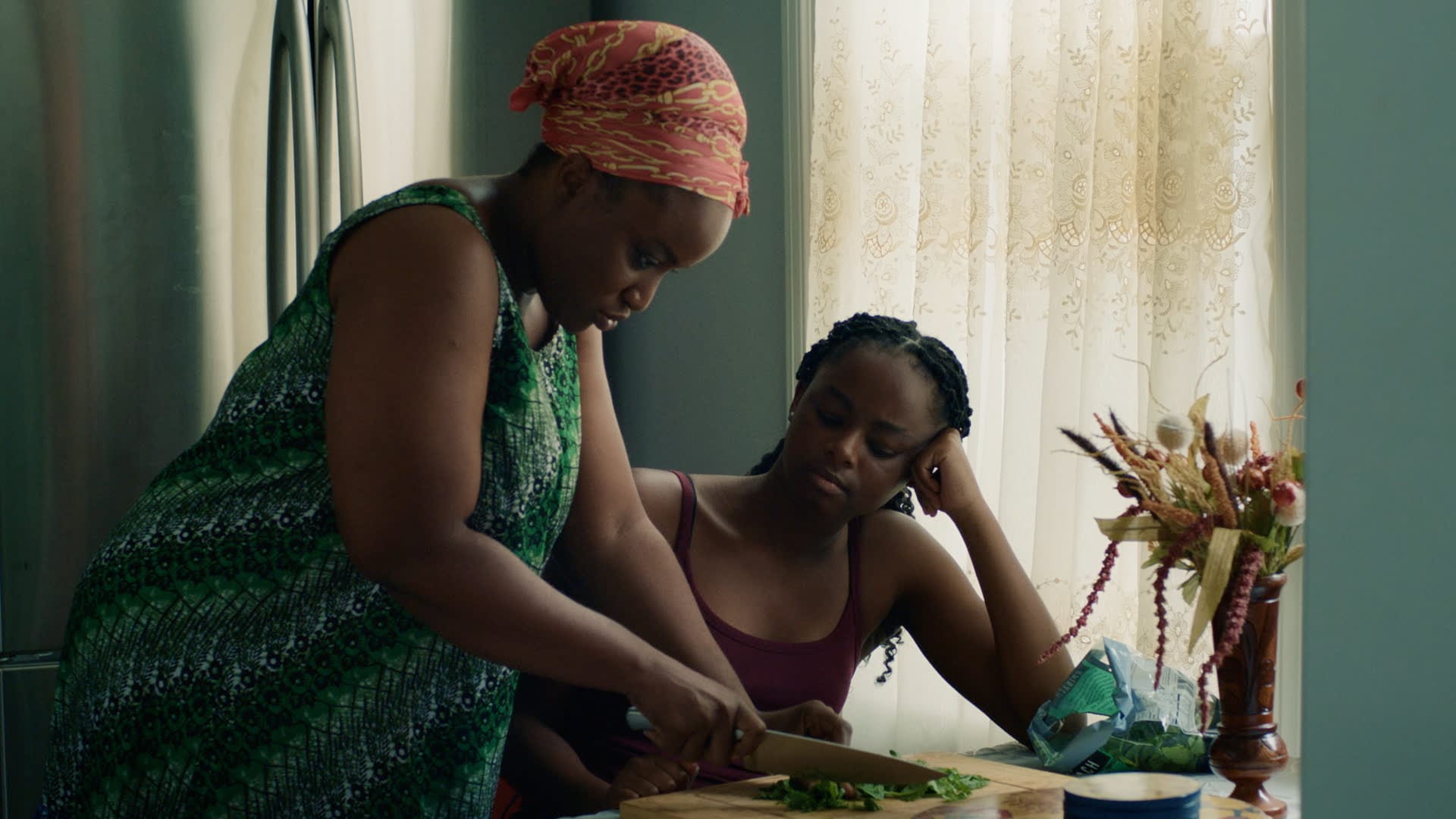
In Ifeyinwa Arinze’s short film August Visitor, a widowed mother invites a new suitor over for dinner. As the evening unfolds, we observe her meticulous preparation in the kitchen, a process that reveals how important the evening is to her. At the same time, we can sense that her children are less than enthusiastic about the guest, who is rudely smoking a cigarette upon his arrival, and whose presence threatens the intimacy of the family’s home. Made while Arinze was studying film at New York University a few years ago, August Visitor—which is now playing on the Criterion Channel—uses one of the director’s childhood memories as a way to explore family, culture, and intergenerational understanding. In this conversation, Arinze talks with me about the genesis of the project, her path from neuroscience to cinema, and her filmmaking influences.
Can you tell me what led you to filmmaking?
My path to filmmaking began with books. I was born in Nigeria and raised there by my mom, who was a widow. She was very much like, y’all need to have good grades and do really well in school. So we didn’t have cable at home for a while. A lot of times we would watch movies at home, but I also liked reading a lot. I was a really, really big reader. Then, eventually, when I came to the States for college, I discovered photography as my outlet. I was taking photos of my friends, flowers, and later people started paying me to do photo shoots and weddings, and to photograph families and do portraits. I was doing photography for a couple years as a hobby and a side gig, and then eventually started to feel its limits as a tool for expressing myself. I found that, with film, I could just play with so many elements. With photographs, I was limited to just the image.
I started to teach myself filmmaking, but then I realized, oh, you need community, because film is a lot more collaborative than photography, and the learning curve was just a lot steeper. I was thinking maybe this is something I could go to school for. I had studied neuroscience in undergrad. So, like a true scientist, I did my research. I spoke to a couple of people who had made the transition from science to film, and to quite a few engineers. And I was like: You know what? This might be a phase, so let me just test it out. I made a couple shorts with some friends and loved the process of making them, so . . .
That’s beautiful. What were the earliest things that you were watching when you were growing up? And how do you think that influenced your taste in movies?
I spent a lot of time with my grandma, and we would watch Nollywood movies on TV. I grew up on those movies. They are very entertaining and showed me film’s power to bring people together and entertain them, just like it did for my grandma and me. But I found that my personality and my style and my voice are very different. So the films I grew up watching were super melodramatic. A lot of times they had a moral message, like: a woman who does this gets punished. I don’t want to seem like I’m speaking down to these films, but I found that in my own work, I like to turn the volume down versus turning it up. I prefer a much quieter, subtler take on making films. When I realized I was interested in filmmaking, I discovered the work of the Japanese director Hirokazu Kore-eda. And then I also watched a lot of other East Asian filmmakers, including Lee Chang-dong. Even though the stakes are still pretty high in their films, I found the tone a lot quieter.
I know you mentioned Kore-eda, who is a great filmmaker. I just saw Nobody Knows.
Oh yeah, I love that film.
Can you tell us about your style and how you came to hone it?
Growing up, I found that I was very observant of my surroundings and would sometimes pay attention to things that people might not have been paying attention to. When I went to film school, I did a class exercise, and I had a professor who said, “Oh, I see, you’re very interested in behavior.” I just felt like somebody really saw me and my work, because the reason why I did neuroscience in undergrad was because I was interested in behavior. I’m very clued into details and making work that feels like you’re watching people behave, instead of work that shows people talking a lot and just saying everything that’s on their mind. So when I watched Lynne Ramsay’s film Ratcatcher and saw how she paid attention to details, I was like, that’s what I want to do. While I was at NYU I learned about the craft of writing and directing. We had to make a lot of work while in the program. I think watching a wide range and large volume of international films, and making a lot of work and paying attention to what I was drawn to, helped mold the style that I have today.
Let’s get into August Visitor, your short film. Can you talk me through how you came up with the idea?
I asked myself, what story do I feel I’m in a position to tell? So I was watching a bunch of things. Going back to Lynne Ramsay—one of my favorite short films ever is Gasman, which looks at a family through this young girl’s perspective, as her view of her dad is shifting. Upon rewatching it, I thought, what was the time in my life when my perspective of my mom shifted? A memory came to mind: a couple years after my dad had passed, my mom had this guest over, and I remember how his presence affected the household. I don’t remember much else about him. I just remember his car and his presence. August Visitor takes the kernel of that memory and fleshes it out to see how somebody who comes into this house of women can impact the actions and the energy within it. But the first time I wrote the script, I gave it to some classmates for their feedback, and they were like, wait, we’re never going to see the man’s face? And I was like, yeah, it’s not about him. It’s easy to latch on to the way he looks and assume this is a bad guy, but that’s actually not what it’s about.
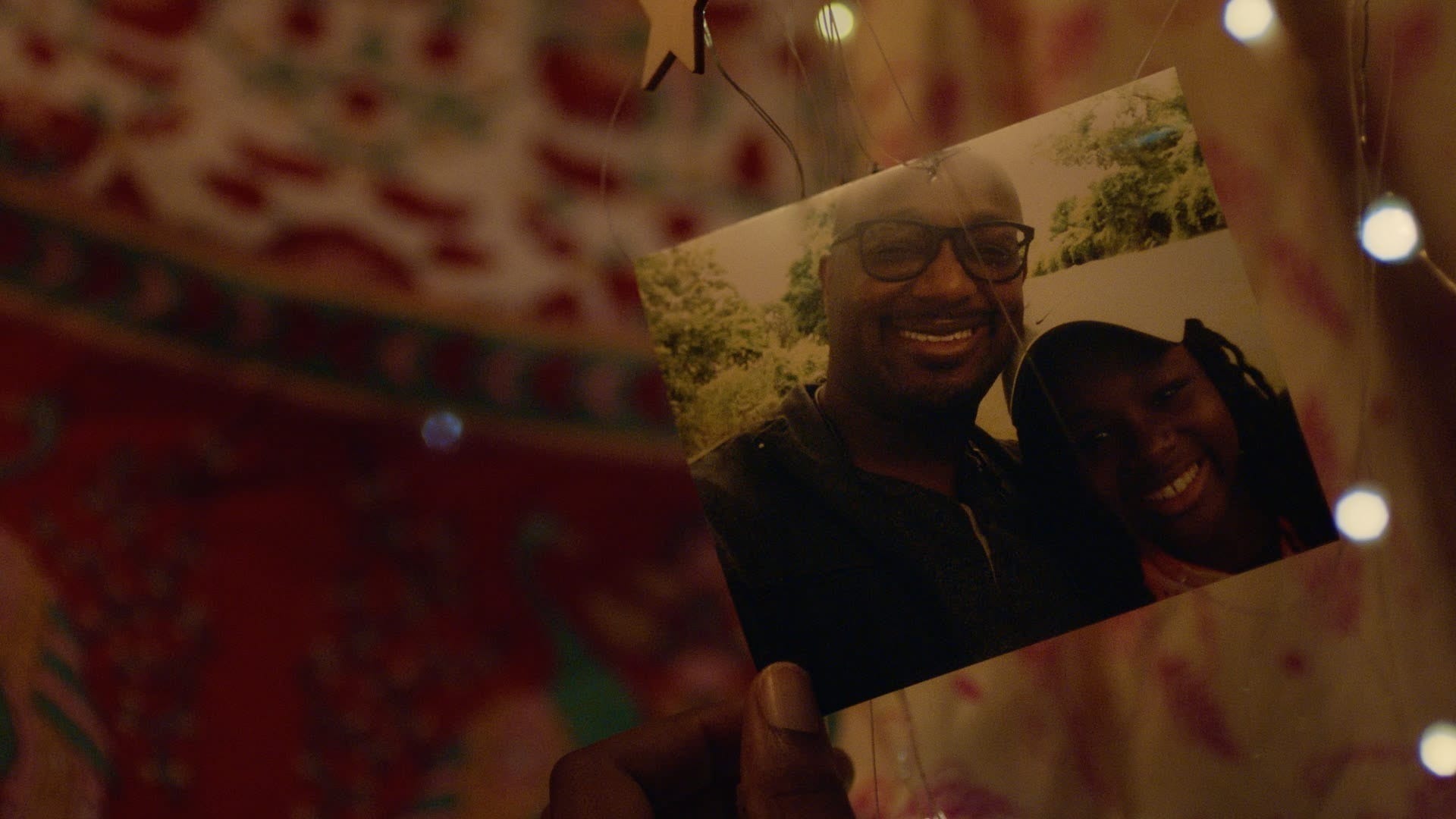
What was shooting it like?
Somebody once told me, you have to know what hills you’re willing to die on. And I knew that, for me, one was that I wanted the adults in the film to speak my native language, which is Igbo, and the kids to speak English. I wanted to show that experience of kids who are brought up in the States and the gulf between them and the adults. So I had a hard time casting, because I had to look for people who spoke my language, and it’s not very common. Nigeria has over two hundred languages.
I found the actor who plays the guest through this Instagram casting call, and he did the audition on Zoom. I ended up going with Lauralie [Mufute] for the lead, because she just had this sense of innocence; she was really compelling. My films tend to not have a lot of dialogue, so you’re really looking at my actors. The mom was actually the hardest to find. I found the actress pretty last minute, and it ended up being a cousin of mine who doesn’t even live in the U.S. God was like: here, I’m going to give you this gift. My mom told me, “Oh, you know your cousin is going to be visiting the U.S.,” and I was like, “Wait, what?” She is actually a lawyer, but she has this personality that just made me feel she could do the role. We shot the film in three days. We found the location on Airbnb and shot in Jersey. It was important to me that every room felt different.
It’s interesting hearing you talk about studying science initially because the younger sister in the film has this obsession with space. Can you also talk more about these kinds of details and their importance thematically?
When I’m writing, especially when it comes to relationships, I’m trying to think of how to create contrast. With the sister character, I always had a sense that she was a bit quirky and had one foot in this world and one foot in another world. She’s an explorer of sorts.
There was just a sense for me that she was that way and the older sister was a lot more grounded. I have noticed that I’m a fan of the details—I want to know. So even within the film, they’re cooking and she’s cutting the spinach wrong. Those details are what makes an experience feel lived in for me.
What do you hope people take away from the film? And what’s next for you?
I’m always interested in exploring the interiority of Black women and the intimacy between them. Something that was important was thinking about coming-of-age films that involve Black girls, and I didn't want this to revolve around trauma. Sometimes we overlook things that happen in our lives that seem mundane. How can we portray the lives and the stories of Black women and girls and give those lives meaning without putting trauma into it?
Since August Visitor, I’ve made another short, and it just premiered at [the] Clermont-Ferrand [International Short Film Festival] this year and is going on to play at other festivals. I’m working right now on a feature that’s set in an all-girls boarding school in Nigeria. A young girl transfers to this boarding school where senior girls are in charge of running things, and she becomes enamored with this older girl and then gets lost in a rabbit hole of toxic power dynamics.
What's the name of the short? What is it about?
It's called Breastmilk. Let me toot my own horn: it just picked up a Jury Award for Student Short at Aspen, like two weekends ago. That short was based on a story that a friend of mine wrote, just looking at a new mom who's struggling to breastfeed her newborn and dealing with expectations of family members and tension with her husband. So that was actually my first production in Nigeria. I was rewatching August Visitor before this conversation. I was like, wow, I've grown. That’s crazy. I see the growth.
More: Interviews
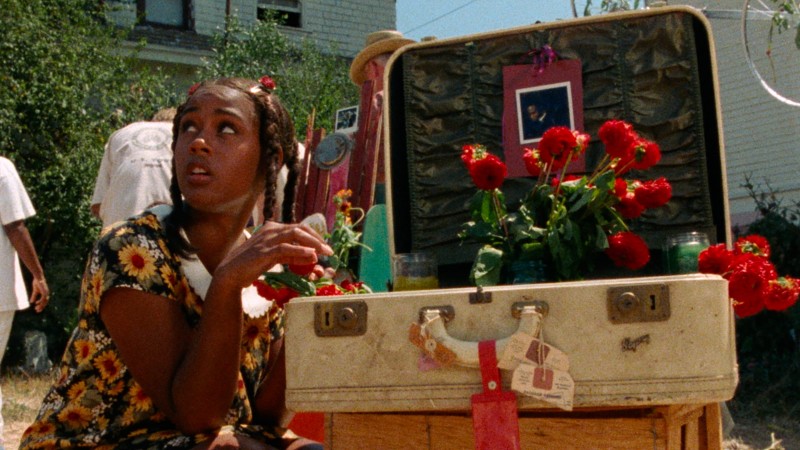
First and Foremost: Rógan Graham on Black Debutantes
The critic and curator talks about working on a program of films by trailblazing Black women directors, which opened at London’s BFI Southbank this year and is now playing on the Criterion Channel.
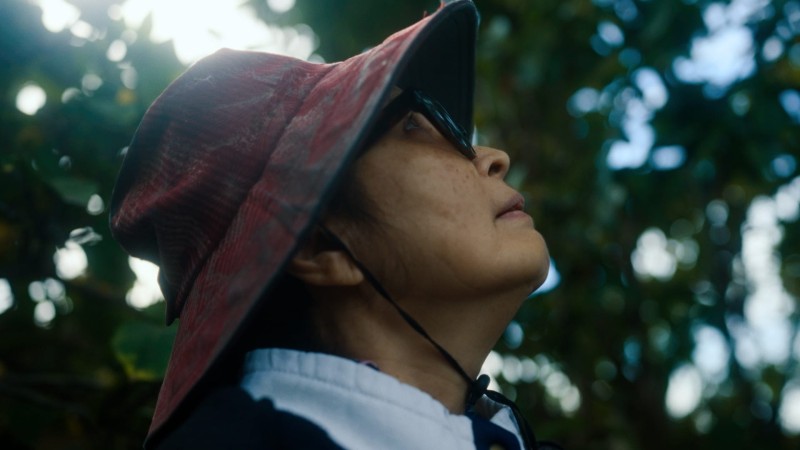
The Other Side of Apocalypse: A Conversation on We Were the Scenery
In this Sundance-award-winning exploration of war and memory, writer Cathy Linh Che shines a spotlight on her parents, who were Vietnamese refugees living in the Philippines when they were cast as extras in Apocalypse Now.

The Banality of Apartheid: A Conversation with Milisuthando Bongela
In her intensely personal debut feature, the filmmaker and poet investigates the myths that have shaped South African history through a mix of archival footage, poetic remembrances, and conversations with friends and family.
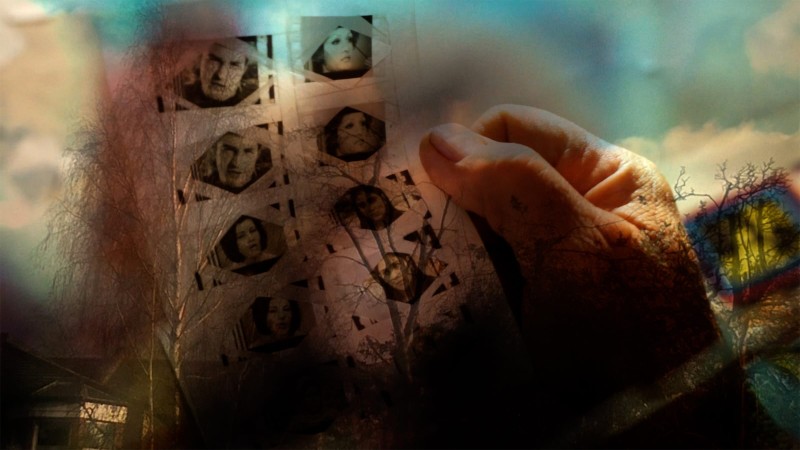
“A Fragile Film Utopia”: Talking with Ehsan Khoshbakht
The director of the documentary Celluloid Underground discusses his life as a curator, Iranian film culture, and the inherent ephemerality of cinema.

